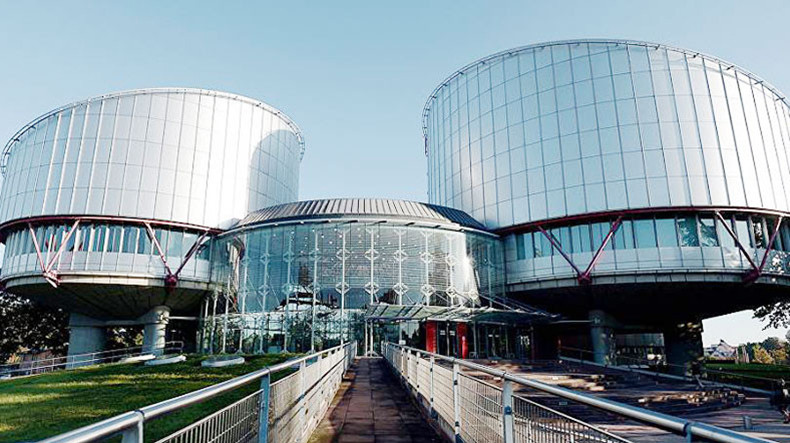
ECHR rules against Armenia in March 2008 ‘crackdown’ case
The European Court of Human Rights (ECHR) has today published a judgement in the case of Mushegh Saghatelyan v. Armenia related to March 2008 events in Yerevan, Armenia’s capital.
The case concerned an opposition activist’s allegation of a politically motivated crackdown on 1 March 2008 following a wide-scale protest against the presidential elections. He complained in particular that he had been ill-treated by the police, that his arrest had been unlawful and that the entire criminal case then brought against him had been fabricated. He had eventually been convicted for assaulting two police officers and illegally carrying a knife.
Mushegh Saghatelyan filed the lawsuit to the ECHR relying on Article 3 (prohibition of torture and of inhuman or degrading treatment), Article 5 §§ 1 (c), 2 and 3 (right to liberty and security), Article 6 §§ 1 and 3 (d) (right to a fair trial and right to obtain attendance and examination of witnesses) and Article 11 (freedom of assembly and association) of the European Convention on Human Rights.
In Thursday’s Chamber judgment in the case the European Court of Human Rights held, unanimously, that there had been:
two violations of Article 3 (prohibition of inhuman or degrading treatment/investigation) of the European Convention on Human Rights. The Court was not convinced that the injuries recorded on Saghatelyan’s head and body had occurred during clashes between the police and protestors, which was the official explanation, and concluded that they had been the result of ill-treatment. Moreover, there had never been an official investigation to specifically look into Saghatelyan’s allegations that his injuries had been caused by police brutality;
a violation of Article 5 § 1 (right to liberty and security) of the European Convention concerning Saghatelyan’s arrest, which had not been lawful because it had not been formally acknowledged for the first 16 hours and had gone 12 hours over the time-limit under domestic law for bringing a suspect before a judge;
a violation of Article 5 § 3 (entitlement to trial within a reasonable time or to release pending trial) as concerned the authorities’ failure to properly justify Saghatelyan’s detention;
a violation of Article 6 § 1 (right to a fair trial) because the criminal proceedings against him, taken as a whole, had been unfair. In particular, the courts had relied on police testimony to convict him, while summarily rejecting both his allegations of inconsistencies in the case and his requests to call defence witnesses; and,
a violation of Article 11 (freedom of assembly and association). The Court found that the dispersal of the protest, which had been peaceful, and the subsequent rounding-up and detention of activists, such as Saghatelyan, had been disproportionate and unnecessary. In fact, it seemed that he had been initially detained and prosecuted simply because he had participated in the protest, while his eventual conviction had been handed down without a proper examination by the domestic courts. Not only had this breached his Convention right to freedom of peaceful assembly, but it could also discourage him and others from participating in demonstrations in the future.
The court held that Armenia was to pay Saghatelyan 15,600 euros in respect of nonpecuniary damage and 5,000 euros in respect of costs and expenses.
Newsfeed
Videos






























